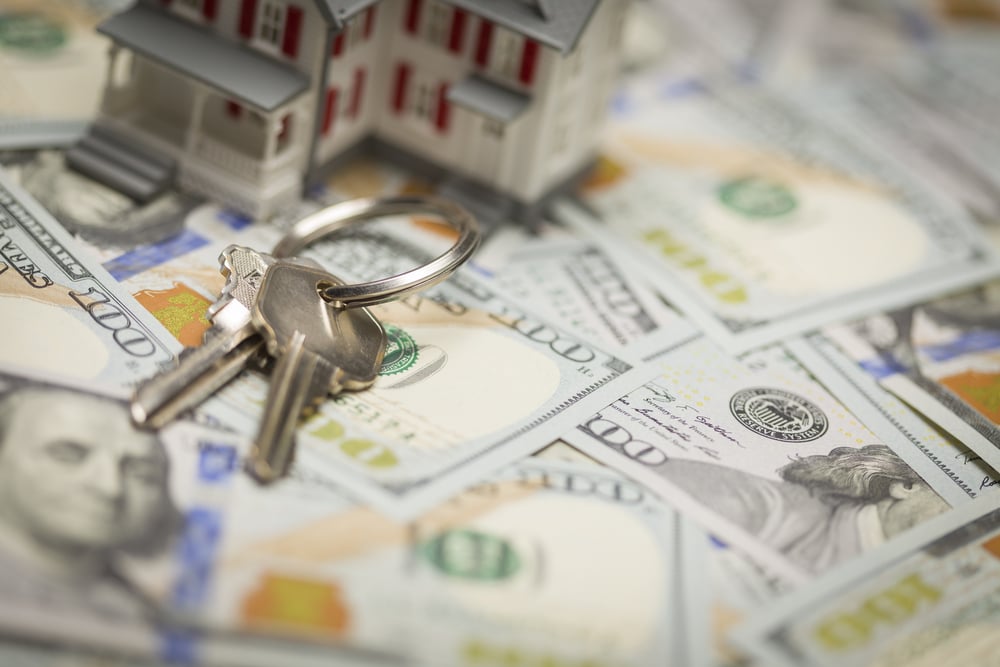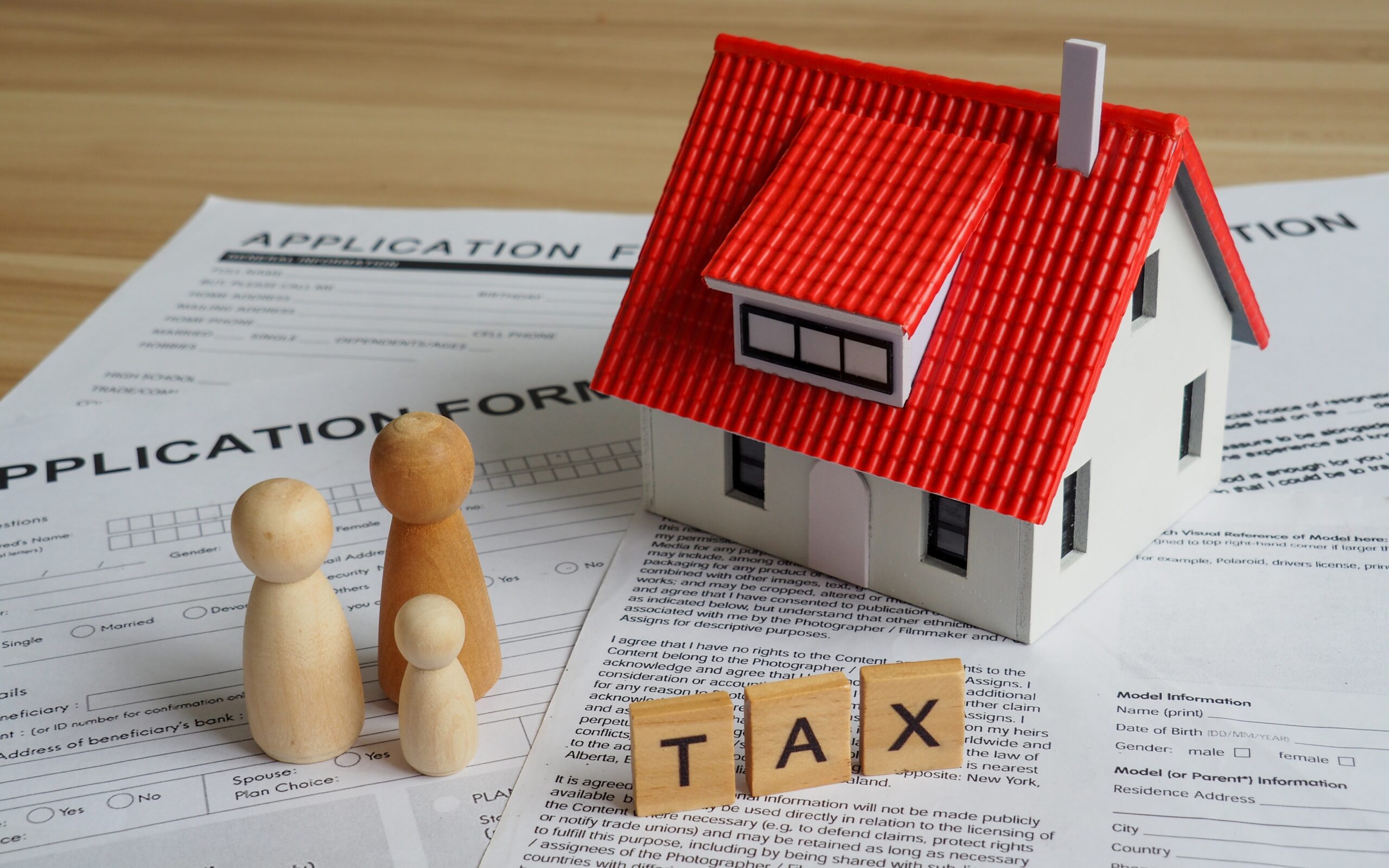
Have you been thinking about buying a vacation property as a profitable investment? In this blog, we’ll break down the facts and help you determine if a vacation home is right for you.
We’ll begin by explaining some key factors to consider before buying a vacation home. Following this basic explanation, we’ll compare side-by-side the pros and cons of owning a vacation property. This should help you decide whether or not buying a vacation property is a good move for you.
Consider Your Stage of Life
Asking yourself some basic questions can reveal a lot about your readiness for a vacation property. Are you raising a young family? Are you a frequent traveller? In your estimation, how much money on average do you spend on a family vacation? Are your children grown up and you want to have a gathering place for everyone? Considering your stage of life and the way you’d like to approach it will give you a clear sense of why you want to buy a vacation home and if the timing is right.
Pros: Rental Income and Property Appreciation
If you choose to rent your vacation property, there’s a good chance you will save significantly on out of pocket costs. Rentals give tax deductions on various expenses like mortgage interest, insurance, maintenance and repairs. By choosing to rent out the home, you can obtain cash flow to offset the costs associated with owning it.
Travellers are staying at hotels far less than they have in the past, and instead choosing to stay at vacation homes listed on rental property websites such as Airbnb. The biggest reason for this is most people see it as more bang for your buck. Imagine the potential rental income you could make just by renting out your investment property.
Like owning any other real estate property, you will likely notice an increase in equity or appreciation. You can expect the value of your vacation property to rise over time, and in this sense, keeping your rental property long-term is a smart investment strategy.
Con: Expenses
There are several expenses associated with owning a vacation property. Even if you’ve accounted for expected costs, such as utilities, insurance, mortgage payments, taxes, etc., there’s always a possibility of unexpected fees being tacked on, whether it’s related to maintenance, repairs or otherwise.
Several factors come into play when determining whether or not purchasing a vacation home is a good investment. After reading this article, we hope you’ve gained some insight into the pros and cons of owning a vacation home. For further assistance in determining if this is the right financial move for you, reach out to our team at The Mortgage Advisors today.



